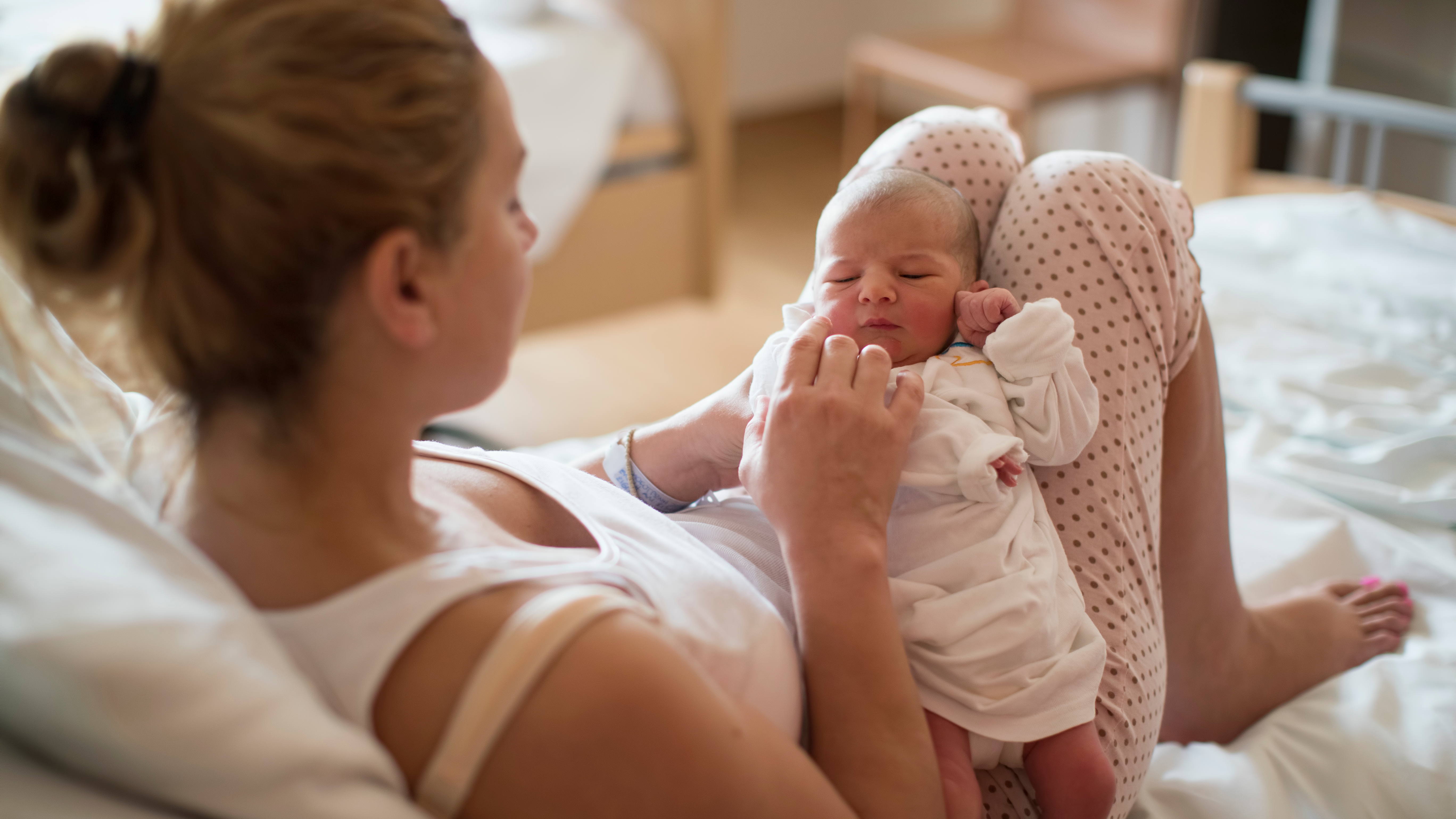Scientists: Maybe Don't Eat Your Placenta?
Warning: Very graphic, possibly lunch-reversing photograph at bottom of this story. Don't scroll further down unless you can handle it.
I'm happily childless, but the eating of the placenta is all the rage among moms my age for a variety of reasons: Placenta is good for you, helps you bond with your baby, can help fend off postpartum depression... right? Not so much.
While most mammals do consume their placenta after childbirth, and various cultures have touted its health benefits for centuries, a new study shows that it might be more of a placebo effect than anything else.
The study by the University of Nevada, Las Vegas and published in the journal Women and Birth shows that eating placenta capsules had "little to no effect on postpartum mood, maternal bonding, or fatigue, when compared to a placebo."
Researchers told Science magazine they want to do more rigorous testing on placenta eating, and admitted that ingesting placenta "is capable of influencing maternal hormone levels and that could provide some kind of therapeutic effect," but hard evidence of such positive impacts eluded them.

This is the second hit to the placenta-eating trend in recent years.
In 2015, Northwestern Medicine reviewed 10 studies on the practice, and "did not turn up any human or animal data to support the common claims that eating the placenta — either raw, cooked or encapsulated — offers protection against postpartum depression, reduces post-delivery pain, boosts energy, helps with lactation, promotes skin elasticity, enhances maternal bonding or replenishes iron in the body."
So moms: Before you're guilt-tripped by a crunchy neighbor into making a placenta pâté or placenta fruit smoothie, know that medical evidence is on your squeamish side.
